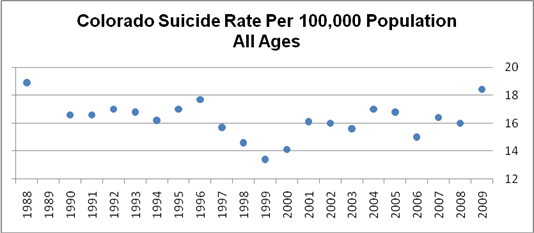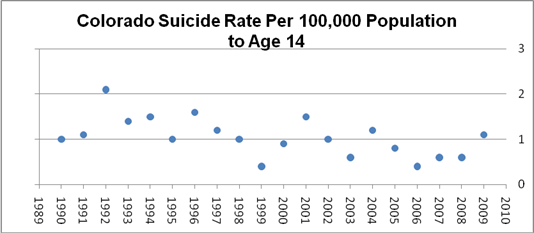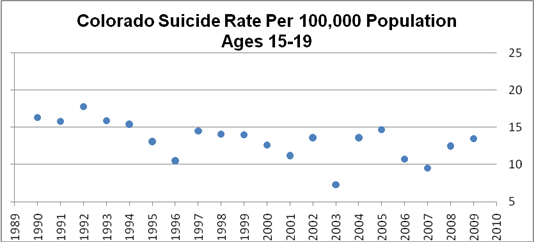It Doesn’t Take A Brain Surgeon To Figure Out Why.
An article in yesterday’s Denver Post fails to disclose the substantial financial ties between a group that pushes for the acceptance of so-called “attention deficit hyperactivity disorder” (ADHD) and the pharmaceutical companies that manufacture the drugs prescribed for it.
The organization, Children and Adults with Attention-Deficit/Hyperactivity Disorder (CHADD), has been severely criticized by both the United Nations International Narcotics Control Board (INCB) and the United States Drug Enforcement Administration (DEA) for its financial ties to the manufacturers of ADHD drugs. (For more information on these ties, see CCHR International’s report, “Marketing ‘Disorders’ to Sell Drugs.”)
Direct pharmaceutical financial support of CHADD in the year ending June 30, 2009, the latest year for which CHADD has provided data online, totaled $1,174,626, or 27% of the organization’s budget. The drug companies providing this money included Eli Lilly, McNeil, Novartis, and Shire US – all makers of ADHD drugs.
ADHD Drug Manufacturers Supply 36% of CHADD Revenues
Additionally, the drug companies paid another $412,500 to CHADD in sales and advertising. Thus, the total financial support of CHADD by the drug manufacturers was $1.6 million, or 36% of total revenues. Why all this financial support?
Pharmaceutical companies have slick marketing plans for selling psychiatric drugs. They create new “disorders,” as well as elevate the seriousness of existing “disorders,” with the goal of worrying normal people that they are worse off than they thought they were and need treatment – with drugs. Support groups such as CHADD forward the drug companies’ aim of gaining acceptance of these “disorders.” (For more information on the psycho-pharmaceutical industry’s plans, you can view CCHR International’s DVD, “The Marketing of Madness,” online here.)
CHADD continues to falsely claim that ADHD is a “neurobiological disorder” when there is no valid, conclusive scientific proof of this. In fact, no such claim is made in the 1999 Surgeon General’s Report on Mental Health, in the Diagnostic and Statistical Manual of Mental Disorders (DSM-IV), by the National Institutes of Health, or in the American Academy of Pediatrics Clinical Practice Guideline for ADHD. Even Clarke Ross, CEO of CHADD for the 10 years through 2010, is quoted by The Washington Times Insight Magazine as saying about ADHD: “It really is a matter of belief.”
ADHD remains merely a subjective list of behaviors, which became a “mental disorder” in 1987 when members of the American Psychiatric Association voted it into existence so psychiatrists could bill insurance for treating it. That same year, CHADD was formed. With large-scale financial support from the pharmaceutical companies, the number of CHADD chapters exploded.
ADHD Drugs May Cause Dangerous Side Effects
Common ADHD drugs are amphetamines – highly addictive and 10 times more likely than other prescription drugs to be linked to violence. The FDA warns that ADHD drugs can cause heart attacks, strokes and sudden death. There are no long-term studies on the safety and effectiveness of ADHD drugs. (Research studies, warnings from international regulatory authorities, and reports to the U.S. Food and Drug Administration on the harmful side effects of ADHD and other psych drugs can be accessed through CCHR International’s psychiatric drug side effects search engine.)
WARNING: Anyone wishing to discontinue ADHD drugs or other psychiatric drugs is cautioned to do so only under the supervision of a competent medical doctor because of potentially dangerous withdrawal symptoms.
If you or someone you know has been harmed by taking an ADHD drug or other psychiatric drug, we want to talk to you. You can contact us privately by clicking here or by calling 303-789-5225. All information will be kept in the strictest confidence. We welcome your comments on this article below.




